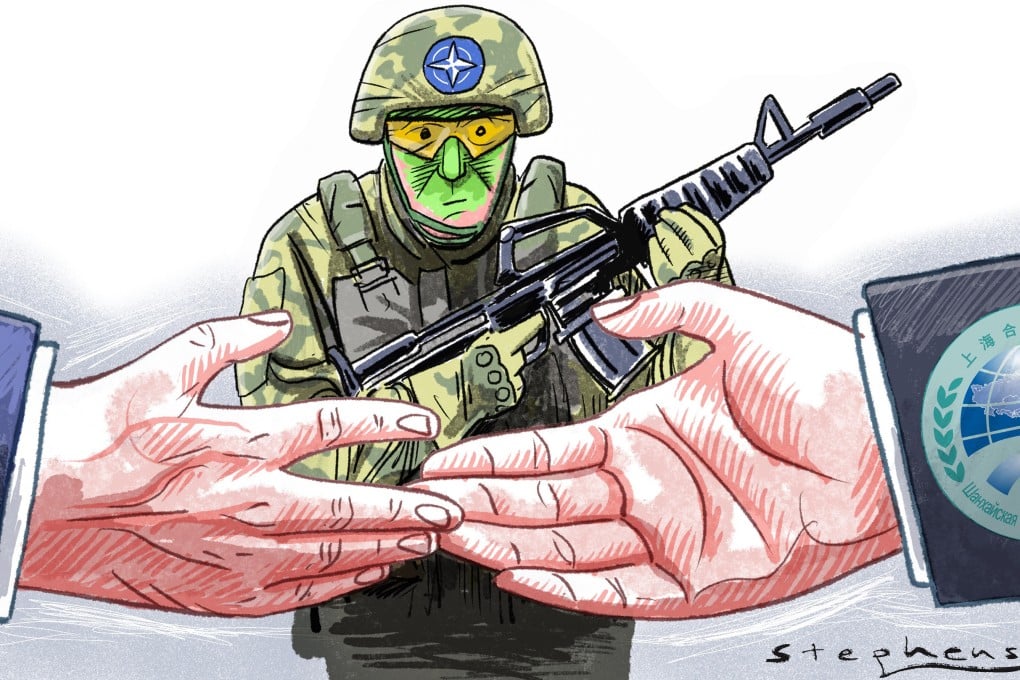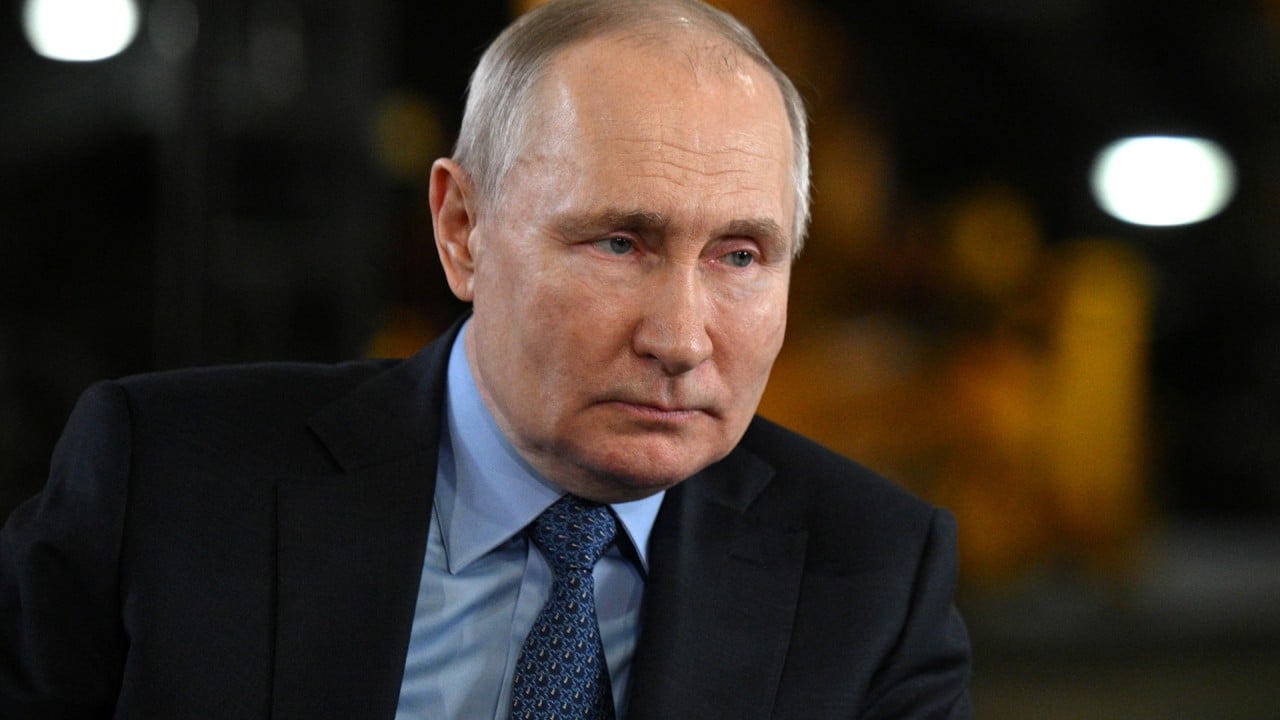Advertisement
Opinion | Can an open, inclusive SCO prove that a less-Western world is better than Nato’s vision?
- Nato is at an impasse as Western democracy declines and it could struggle to find new threats to justify its existence once the unifying effect of the Ukraine war ebbs
- Meanwhile, the non-ideological Shanghai Cooperation Organisation is expanding rapidly. It just has to avoid becoming an alliance which requires common values and common enemies
Reading Time:4 minutes
Why you can trust SCMP
24

If there is one shining example of “the West vs the Rest”, it is probably the contrast between Nato and the Shanghai Cooperation Organisation (SCO). With 31 allies banded together, Nato is the largest military bloc in the world. Established in 2001, the SCO sits astride the Eurasian continent and accounts for almost 44 per cent of the world’s population, with trillions of dollars of exports every year.
At first glance, both organisations are growing in popularity. This can be seen in Finland’s entry into Nato on April 4 and Saudi Arabia’s cabinet approving a move to join the SCO as a dialogue partner on March 28. However, appearances can be deceiving.
The challenge for Nato in the months – and years – to come is how it can continue providing sufficient military support to Ukraine without getting itself involved in a direct confrontation with Russia, something it has been trying to avoid since the onset of the Cold War. No one knows how long the war in Ukraine will last.
Another concern, though, is making sure the war does not escalate into a nuclear exchange in the heartland of Europe. Putin’s hints at launching a nuclear attack might be bluffs, but his announcement of deploying tactical nuclear weapons in Belarus is certainly true. If the eventual outcome of the war is an armistice that further divides Ukraine, the question is where this new Berlin Wall will be found.
Nato has come to an impasse, in part because Western democracy is in decline. Even if Nato has been looking for new threats – say, in the Indo-Pacific – to justify its survival, it will struggle to strengthen its military instruments while democracy is receding.
The fact that even Russia’s invasion of Ukraine has failed to dampen nations’ interest in joining the SCO – an organisation led by China and Russia – is noteworthy. At the SCO summit in Samarkand, Uzbekistan, last September, the grouping not only agreed to accept Iran as a member state but also started the accession procedure for Belarus, granted dialogue partner status to Egypt, Saudi Arabia and Qatar, and agreed on admitting Bahrain, the Maldives, the United Arab Emirates, Kuwait and Myanmar as new dialogue partners at a later date.
Advertisement

